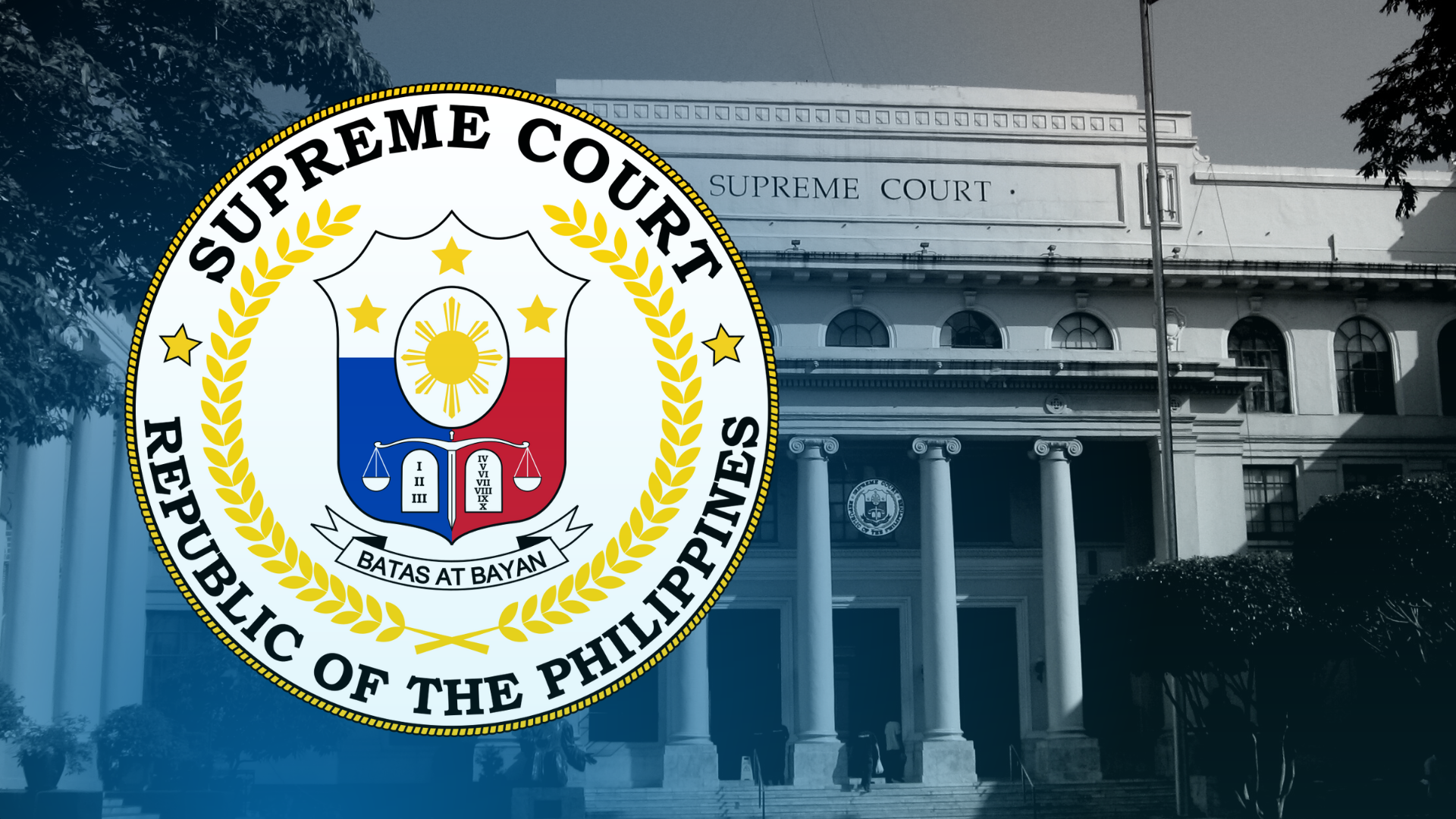Heinous crime convicts entitled to jail term cuts

SUPREME COURT OF THE PHILIPPINES / STOCK
Persons convicted of heinous crimes are also entitled to prison sentence reductions, or good conduct time allowance (GCTA), the Supreme Court ruled in a decision released recently.
The high court said the Department of Justice erred when it excluded such convicts in the implementing rules and regulations (IRR) of Republic Act No. 10592, which amended GCTA provisions in the Revised Penal Code (RPC).
READ: Inmates can cut jail time by reading
Enacted in 2013, RA 10592 amended five RPC provisions and increased the GCTA that was meant to be credited in convicts’ service of sentences.
Sentence reductions have been allowed under Philippine law since the RPC was enacted in 1930. The country’s sentence reduction law is embodied in Articles 29, 94, 97, 98 and 99 of the RPC and was revised by RA 10592.
Article continues after this advertisementIn the rules released in 2019, GCTA was defined as “a privilege granted to a prisoner, whether detained or convicted by final judgment, entitling him to a reduction of his jail or prison term for every month of actual detention or service of sentence as a reward for good conduct and exemplary behavior.”
Article continues after this advertisementREAD: Convicted ex-Russian mayor cuts jail time, agrees to fight in Ukraine
However, those convicted of heinous crimes were excluded, although no such exclusions were specified in the RPC or RA 10592.
Heinous crimes, according to the 1993 death penalty law (RA 7659), include treason, piracy and mutiny, qualified piracy, qualified bribery, parricide, murder, infanticide, kidnapping, robbery, destructive arson, rape and drug trafficking.
Not excluded
Under Philippine law, crimes are considered heinous if they are “grievous, odious and hateful offenses and which, by reason of their inherent or manifest wickedness, viciousness, atrocity and perversity, are repugnant and outrageous to the common standards and norms of decency and morality in a just, civilized and ordered society.”
The high court said that when RA 10592 amended Article 97 of the RPC, it used the connecting conjunction “or” to express that “any offender qualified for credit imprisonment pursuant to Article 29 of the RPC,” and in the alternative, “any convicted prisoner in any penal institution, rehabilitation, or detention center in any other local jail” may avail of the benefits granted by the GCTA law.
“Thus, the 2019 IRR expanded the scope of RA 10592 when it excluded recidivists, habitual delinquents, escapees and persons deprived of liberty convicted of heinous crimes from earning GCTA credits when the law itself did not do so,” the Supreme Court ruled.
It further said that Article 97 of the RPC, as amended by RA 10592, made it clear that convicted prisoners were entitled to GCTA as long as they were in any penal institution, rehabilitation or detention center, or any other local jail.